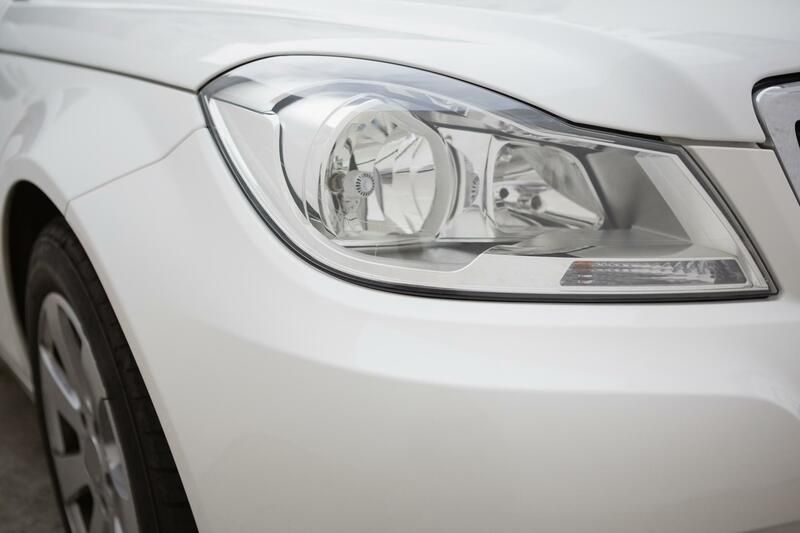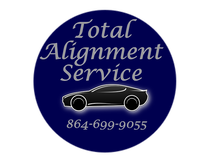Alignments | Brakes | Engine Repair & Maintenance
Headlight Replacement Spartanburg, SC

Let us change your wiper blades, Bulbs and Filters On your vehicles windshield, the wiper blades each work in a smooth semi-circle motion from the wiper arm pivot area. The wipers clear the view in front of the driver and front passenger and clear the center of the rear window if your car is equipped with a rear wiper.
Changing them can get complicated, why not rely on our team to make it part of your regular check up and tune up for your car? If you want to do it yourself, we have great guidelines for you below:
Schedule An Appointment
* Indicates required field
Without fail there is always a section on the window that doesn’t get cleared by the movement of your wiper blades. Specifically, the passenger side top corner, and the driver’s side lower corners are not cleared very well. It may be tempting to replace your windshield wipers with longer blades in order to clear more of the glass, but how do you know if that's a good idea?
How to choose the correct wiper blades
Wiper blades are generally vehicle specific. The passenger and driver’s side wiper blades are the same size on several type vehicles, while on others they are very different. The best wiper blade sizes for each of your wipers are selected for proper fitting with your windshield and to clear the most area on the glass as possible. If you replace the wiper blades on your vehicle with larger wipers than needed, you will find that one or both will either hang off the side of the windshield or hit the top windshield trim when in the totally vertical position. This can cause extreme wear and tear on the wiper blades and spots that don’t get cleared when the wiper blade isn’t flat on the windshield, and could damage the body of your car on each side.
If the blades are too long, they can also hit each other, tangle up, and possibly damage the wiper blades, arms, and even the wiper motor and under the edge of the hood. If you replace your wipers with blades that are smaller than needed for some reason, you will likely find there are much larger spots that aren’t cleared including critical viewing areas, which can be unsafe and at the least, frustrating while you are trying to drive.
It Is important to only use wiper blades specifically with the size of blades specified by the manufacturer to ensure proper fitting and to prevent damage. Our teams are trained to select the specific size for your vehicle and be sure your needs are met for your car.
Headlights
Headlight bulbs are contained in carefully designed housing that adequately lights the roadway ahead and makes your car visible to other drivers and pedestrians alike. They rely on the vehicle’s electrical system to work properly. Though there are many types of headlight bulbs in use these days, including sealed beams, halogen plug-in bulbs, LED (light emitting diode), and HID (high intensity discharge) type bulbs. Some car models are sold with headlight options and vary from vehicle to vehicle.
All headlamps rely on reflectors inside the lamp housing to focus the headlight bulbs efficiently. This allows the most useful patterns of light and reflection onto the roadway. Halogen bulbs have a gas that allows for even more light. HID bulbs use two electrodes inside the bulb that charge the gas to actually produce the light. LED bulbs work with at a lower temperature and so the light shown in front of you tends to be lower than HID bulbs. All headlights are important, and designed to provide a well lit driving path for safety when natural sunlight is not bright enough.
When to replace headlight bulbs?
- Is The Bulb is out? All of the various headlight bulb types are replaced if the bulb itself is not working, it’s just blown over time. This is the most common scenario.
- Bulb has gotten dim. Some bulb types, especially halogen bulbs, will produce significantly less light as the bulb filament ages from use over time. LED and HID lighting don’t dim with age and so they are are generally only serviced if the light source has went out.
- Headlight circuit has failed. In some cases, the bulbs are not the underlying problem that indicates the need for replacement. It could actually be the wiring to the bulb, terminal (mis) connections, a bulb socket, or even other system components could be the underlying problem that needs attention.
Is it safe to drive with a headlight problem?
Every driver’s headlights should always be fully functional any time after dusk to drive safely. If your car has a burned out headlight and is driven only in daylight, you can put off the repair until it is more convenient, but that’s not a good idea, who knows when you may have no other choice than to drive when it’s getting dark?. All vehicles are required to have working headlights by law in throughout the U.S. whenever the car is used on public roads from sunset to sunrise or when it is raining or when visibility is reduced due to smoke, fog, or other factors.
- Call us today for headlight replacement to be in compliance with the law and for the safety of yourself and drivers around you.
Four Types of Filters
Air filters are very important to help trap dirt and dust particles so pure clean air can make it to the engine for proper combustion. The right mix of air and fuel ensures efficient performance in any combustion engine, improving overall performance, the power, the fuel efficiency, and potentially help to prolong your engine life. A quality filer ensures those things if installed correctly.
If you're traveling dirt or gravel roads or often drive in sandy or dusty conditions, your filter will likely need to be changed more often than if you drive in cleaner environments. Our mechanics and technicians here at Spartanburg Auto Repair Pros will use the best options for your vehicles specific needs.
One big factor in your oil filter is tiny dirt particles, smaller than any eye can see. Dirt particles in the 10-20 micron range can do serious damage to your bearings, operating cylinders, and your other engine parts. This is why effective oil filtration is critical.
Particles even less than 10 microns can pass through the spaces between the shaft and the bearings. Particles between 10 and 20 microns can potentially become lodged between those spaces and will begin to heat up, and can cause damage to surfaces. Debris created by engine wear is another problem that can block the operating flow of the oil and cause major damage to the engine and performance of your vehicle.
Oil filters are typically changed each time the oil in a vehicle is changed. Since older or higher mileage cars are more apt to engine breakdown, it's even more important to keep up with your regular maintenance and tune ups. Our team will be glad to answer any questions about oil filters.
The cabin air filter’s use is almost the same as the purpose of a filter in your home AC unit. Dust, dirt, leaves, pollen and undesirable particles can get inside the passenger area of a vehicle through the air intake. These particles can irritate allergies and asthma, and no one wants any extra allergy problems, right?. The cabin air filter catches all those particles before they come out of the vents into your breathing space. Like most filters, cabin air filters need to be changed more often if you drive through heavily polluted or dusty areas, or gravel roads.
Just as the fuel pump sends gas to the engine, the fuel filter removes the impurities from the gas and sediments from the fuel tank to protect the fuel pump and keep the injectors from getting all clogged up. As the fuel filter catches debris over time, one result is as expected, the amount of fuel that can flow becomes reduced. This can cause the engine to stall out, reduce your overall power, and cause issues starting your car.
Call us today to have your wipers, bulbs and all your filters checked!
